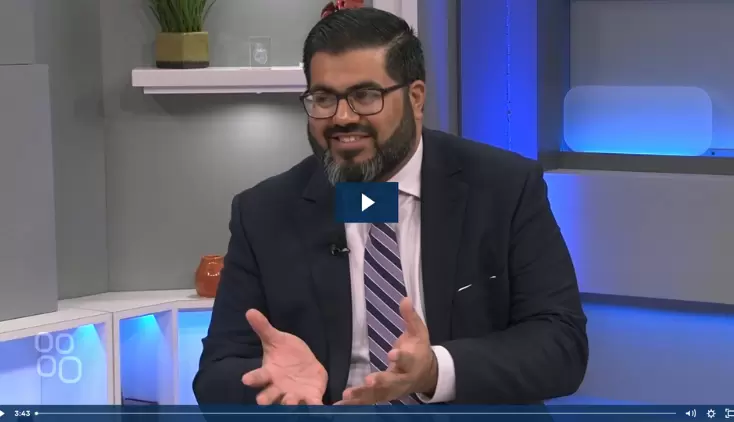Unloading, AMI Cardiogenic Shock
Building Collaboration Between Interventionalists and Cardiac Surgeons
Arman Kilic, MD, FACS, FACC, discusses building relationships and developing systems of collaboration between interventional cardiologists and cardiac surgeons. Dr. Kilic is a cardiothoracic surgeon from Medical University of South Carolina. He gave this presentation at a Coronary Artery and Myocardial Protected PCI (CAMP PCI) educational event on cardiogenic shock and high-risk PCI in June 2022.
Dr. Kilic opens with a discussion of tailoring mechanical circulatory support (MCS) devices to each patient’s needs, determining how long you have to get the patient on support, and creating individualized relationships between hospitals supporting these patients.
Next, he explains how the goals of cardiogenic shock—perfuse, unload, oxygenate, plus ambulate and minimize debilitation—inform patient management decisions. He highlights the benefits of internal jugular (IJ) right ventricular (RV) support with a transaxillary Impella 5.5® with SmartAssist® for enabling patients to ambulate and receive long-term temporary support to their ultimate destination.
Dr. Kilic then examines how various MCS devices address the perfuse/unload/oxygenate goals. While IABP and Impella CP® have important roles, he states, “you’re obviously not going to get the level of support that you’re going to get with an Impella 5.5 with SmartAssist, both in terms of perfusing the patient and unloading the patient as well.” He discusses the need for an adjunct device to unload the ventricle with VA ECMO. Citing a recent systematic review and meta-analysis of data, he explains, “the basic conclusion was that LV venting, especially when it’s done early, so within 12 hours, of VA ECMO initiation is associated with increased success of weaning and reduced short-term mortality.”
He continues to delve deeper into the need for and choice of LV vent, explaining that at his institution they routinely put an Impella 5.5 with SmartAssist in patients on VA ECMO to vent the LV and facilitate ECMO weaning. He discusses management and weaning, particularly for patients on ECpella support with VA ECMO and Impella 5.5 with SmartAssist.
Dr. Kilic concludes by highlighting key concepts in multidisciplinary team building and collaboration in cardiogenic shock. These include identifying shock program champions in every domain (eg, CVICU, interventional cardiology, heart failure cardiology, cardiac surgery), inviting interventionalists to do Impella 5.5 with SmartAssist implants with surgeons in the operating room, holding monthly shock team meetings with all clinical services, reviewing patient cases at these monthly meetings, and reviewing progress with hospital leadership and asking for resources when appropriate.
IMP-3409


